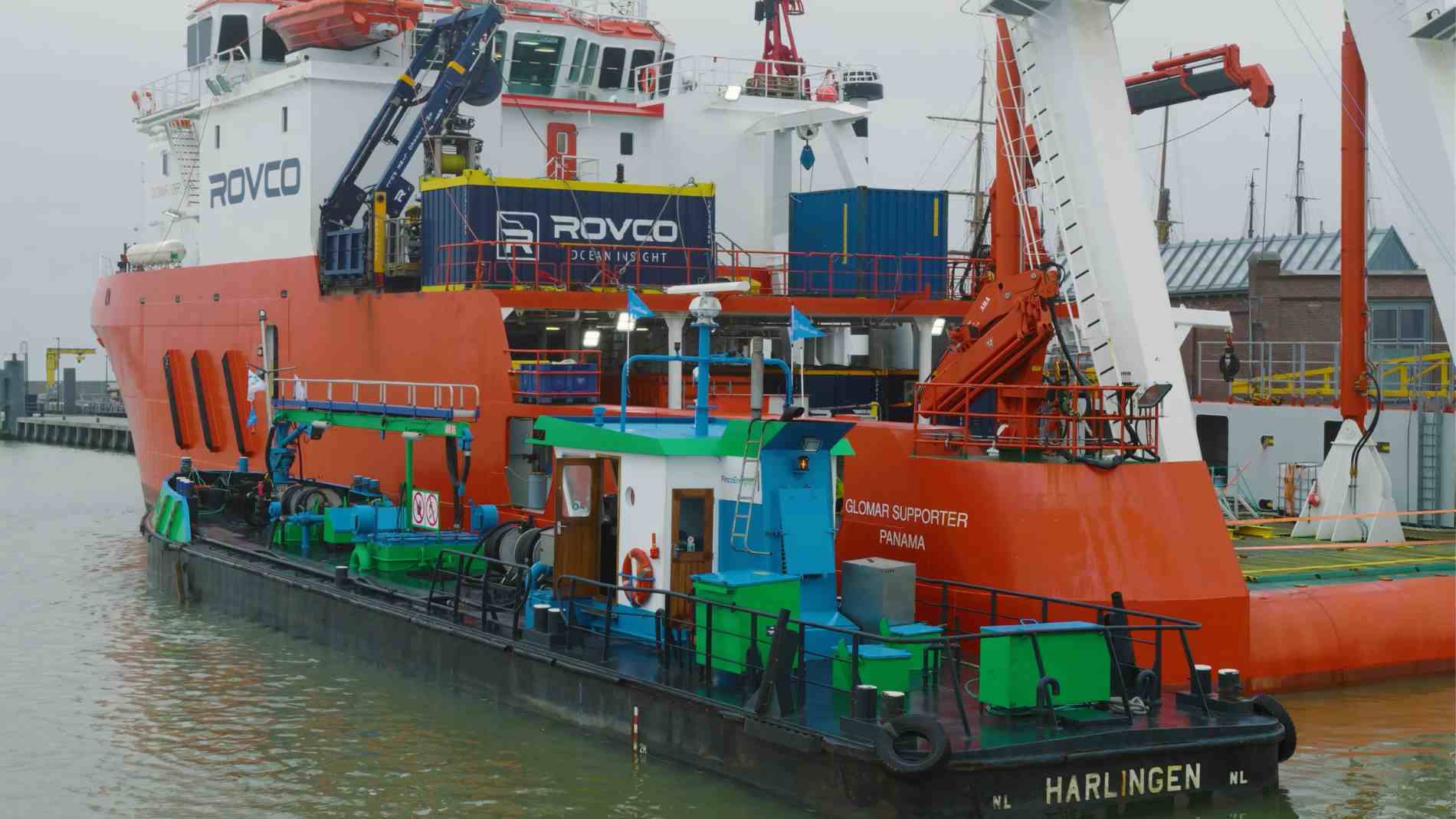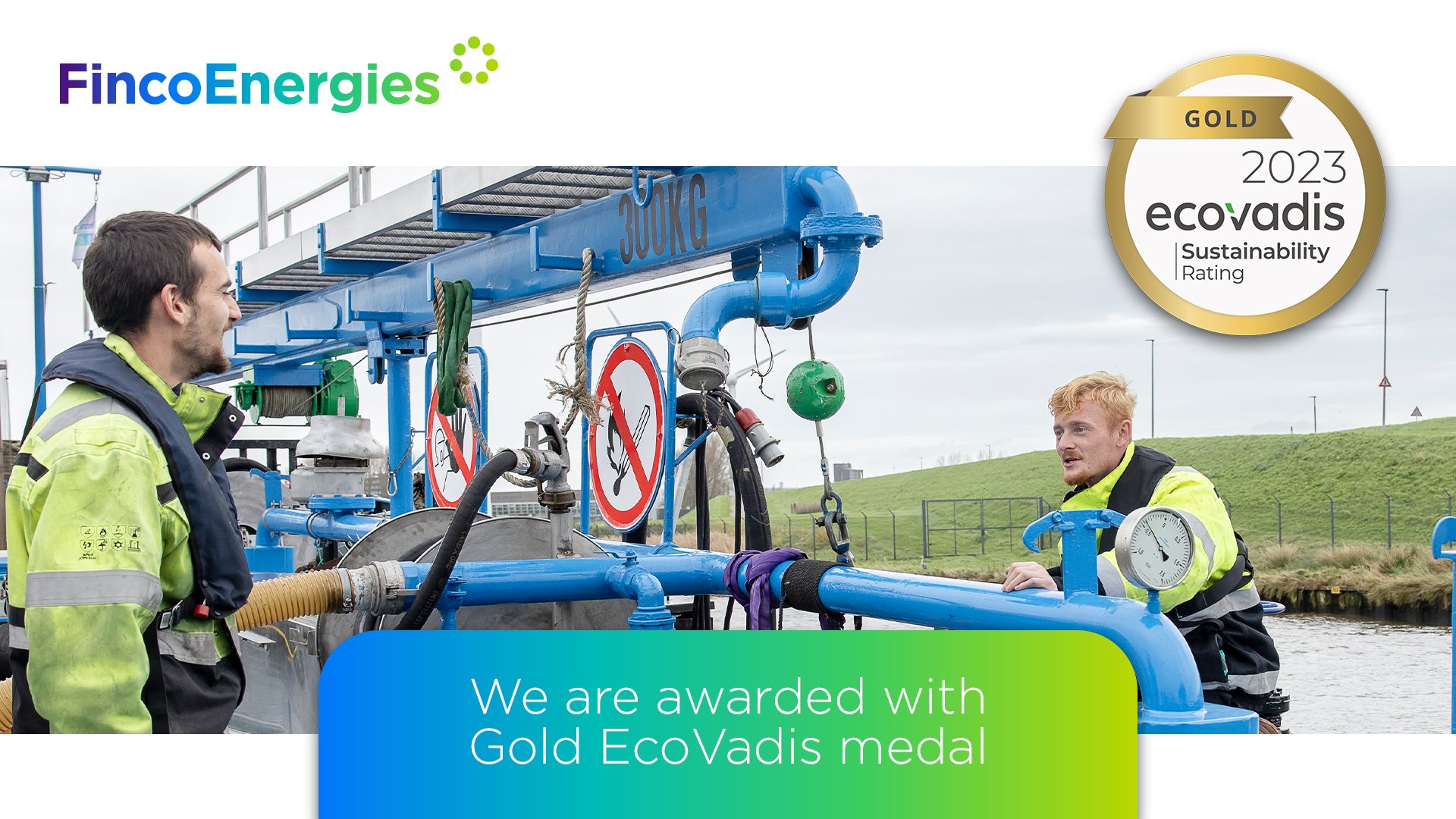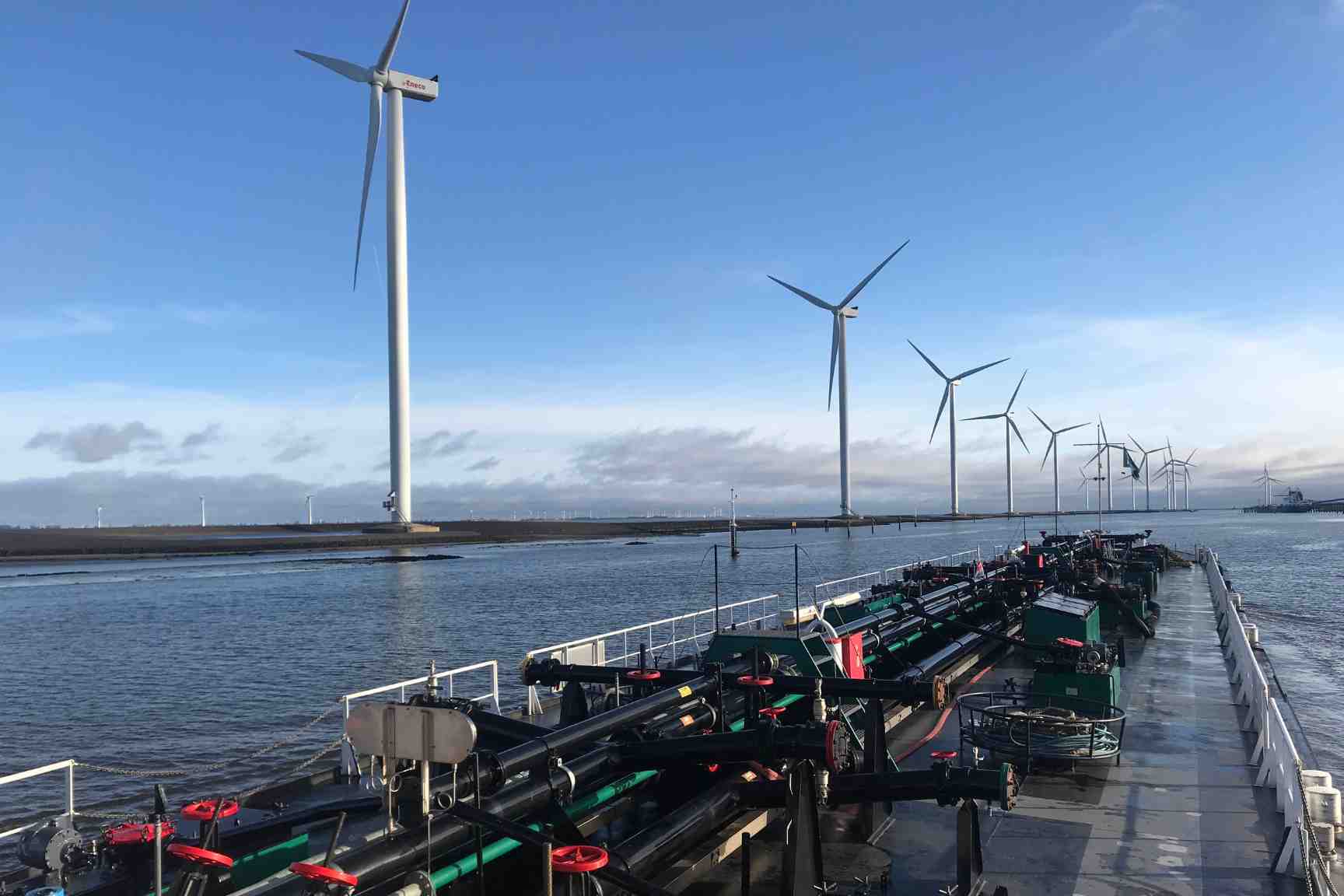Reaching our ESG sustainability goals – FinCo has been awarded with the silver medal by EcoVadis
-2.png)
-2.png)
At FinCo Fuel Group, we always challenge ourselves to provide the most sufficient sustainable solutions. After all, we want to service our customers during their CO2 journey to decarbonisation. At the same time, we also look for ways to improve internally. What can we do to contribute to a better, more sustainable world?
To enable a sustainable future, individuals and (public) organisations have to consider ESG (Environmental, Social and Governance) aspects. These three factors are central in measuring a company’s sustainability. To create an insight in our current status regarding ESG, we’ve decided to execute a business sustainability assessment. This assessment has been carried out by the world’s largest and trusted provider, called EcoVadis.
The EcoVadis sustainability assessment methodology is an evaluation of how well a company has integrated the principles of Sustainability/CSR into their business and management system. It is based on seven founding principles. Their methodology is built on international sustainability standards, including the Global Reporting Initiative, The United Nations Global Compact and the ISO 26000.
The Sustainability illustrates performance across 21 indicators in four themes: Environment, Labour & Human Rights, Ethics and Sustainable Procurement.
After the assessment we have been awarded a silver medal. This means we are among the 15% highest scoring companies in our sector. Looking towards the future, we are developing an ambitious programme to reach platinum in 2026. We never stop improving!
News & blog posts

News | FincoEnergies | 22-02-2024
FincoEnergies empowers Glomar Offshore's decarbonisation journey with GoodFuels HVO30
Read this story
News | FincoEnergies | 31-01-2024
FincoEnergies has received EcoVadis Gold medal for sustainability performance
Read this story
News | FincoEnergies | 29-01-2024
FincoEnergies appoints new CEO to accelerate towards sustainable future
Read this story
News | FincoEnergies | 21-12-2023
Start approval process Authority for Consumers and Markets (ACM) acquisition of Oliehandel Klaas de Boer
Read this story
Ready to explore
more?
more?


